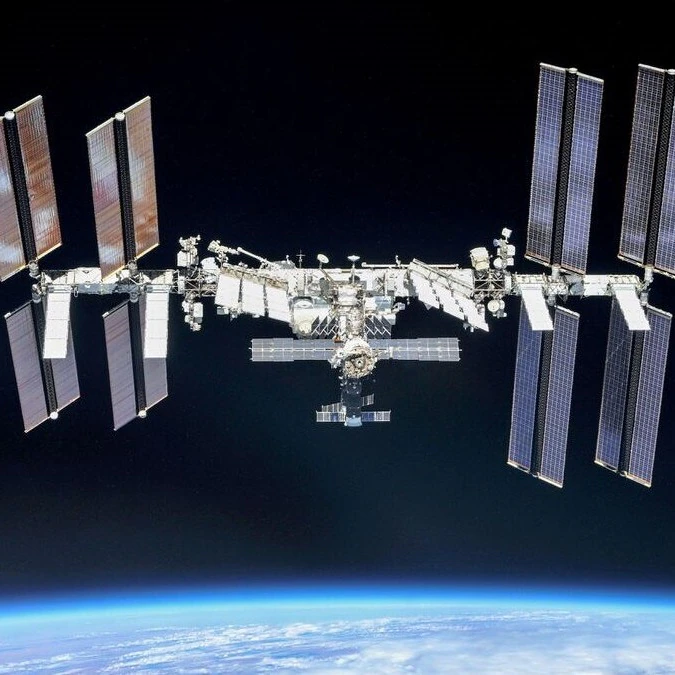In a major leap for biomedical science, the upcoming Axiom Mission 4 (Ax-4) will carry the first FDA-approved investigational cancer drug, Rebecsinib, into space for testing aboard the International Space Station (ISS). The mission, backed by commercial spaceflight leader Axiom Space, is set to explore how microgravity accelerates cancer research—potentially shaving years off drug development timelines.
Cancer Research Enters Microgravity
Developed by Aspera Biomedicines in collaboration with the UC San Diego Sanford Stem Cell Institute, Rebecsinib is a first-in-class ADAR1 splicing inhibitor designed to target cancer stem cells. The drug previously demonstrated success in earlier Axiom missions—Ax-2 and Ax-3—by outperforming existing therapies like Fedratinib in limiting the growth of cancer organoids.
What makes this mission distinctive is the experimental advantage provided by microgravity. In orbit, tumor organoids—3D clusters that mimic actual tumors—can double in size in just 10 days, giving scientists rapid insights into how the drug behaves in complex biological systems.
A Mission of Many Firsts
This is the first time a drug with FDA Investigational New Drug (IND) approval will be tested in space under a commercial biomedical payload. According to the team, the focus will now expand to evaluating Rebecsinib’s effect on triple-negative breast cancer, a notoriously aggressive and hard-to-treat form of cancer.
“This marks a historic milestone—not just in space exploration, but in the fusion of space and human health research,” said Tejpaul Bhatia, Chief Revenue Officer of Axiom Space.
The findings from Ax-4 could significantly inform clinical trials back on Earth, helping accelerate the regulatory pipeline and improve targeted cancer therapies.
A Broader Research Horizon
The Ax-4 mission isn’t only about cancer. It will carry over 60 experiments from 31 countries, spanning fields such as diabetes, immune system modulation, stem cell studies, plant biology, and space-induced physiological changes.
The mission underscores a growing trend: using the ISS as a high-speed incubator for medical innovation. Axiom Space, in partnership with NASA and international agencies, has positioned itself as a key player in the next wave of science-driven commercial spaceflight.


